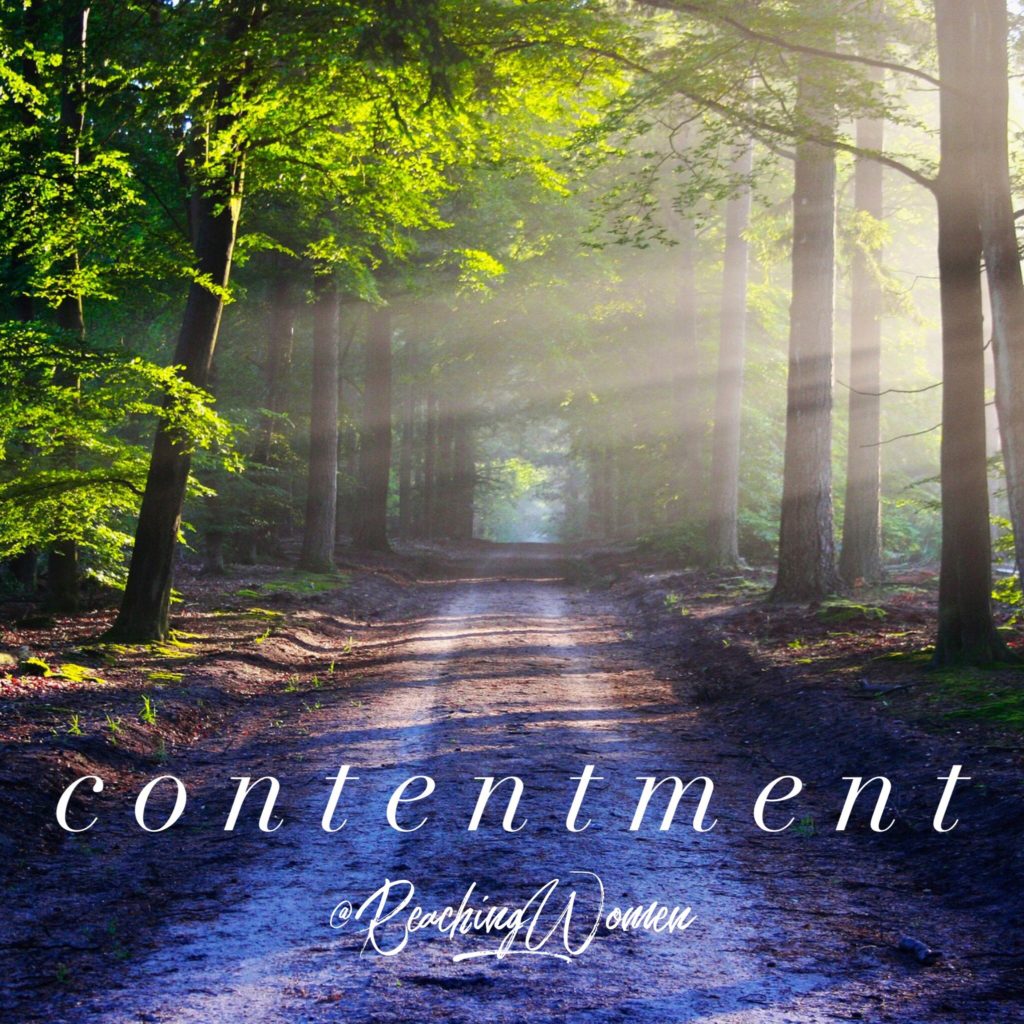In observance of my Benedictine Monastic practices, on the last Friday of each month in 2019 we’re walking Saint Benedict’s 12 Steps of Humility. With each step we come closer to our spiritual transformation and the perfect love of God.

The eighth step of humility is that a monk does only what is recommended by the common rule of the monastery and the example of the elders. ~ The Rule of Benedict
Without good direction, people lose their way; the more wise counsel you follow, the better your chances. ~ Proverbs 11:14 (MSG)
One of the most important principles Benedict tries to teach us on this humility path is that we should be willing to be taught by anyone of any age. Being teachable isn’t just a challenge for the young in our culture. Many of us in the older generation also struggle with being taught by others.
Having re-entered the corporate workforce in my sixth decade of life, I find most of the people in charge are the age of my adult children or even younger. This can be quite off-putting some days.
A good measure of our moldable-ness is how we accept correction.
To be honest, when I first took this job in 2016 it was quite difficult to be supervised by a woman who was younger than my daughter. It proved my own lack of humility. Here I was writing a book on humility and struggling with it almost on a daily basis.
God has a weird sense of humor some days. He likes to put me directly in the lesson that needs to be learned not through a book but in the trenches of life!
For most of us our community isn’t a monastery with an abbess who leads us. My work community is a financial institution with managers and customers. Our life communities: cities, states and countries have managers and citizens. In each of these communities there are people who lead and those who need to follow the leaders.
God gives us leaders for a reason. They are His authority representatives and we are to see them as such. When we lose sight of this value our work places and communities will break down. I believe we’re experiencing this more than ever in our culture today.
Being moldable and teachable isn’t a sign of weakness. On the contrary, it is a sign of strength, faith and trust. The challenge is to make sure the person who is molding us is following God’s direction and Biblical values.
The best place to start is to totally surrender myself to God so that He can make me what He wants me to be. As I do, my heart will be more open to the directions that come from and through the authority figures in my daily life.
Take a few minutes to contemplate how moldable your heart is as you enjoy this beautiful worship video by Hillsong United.









